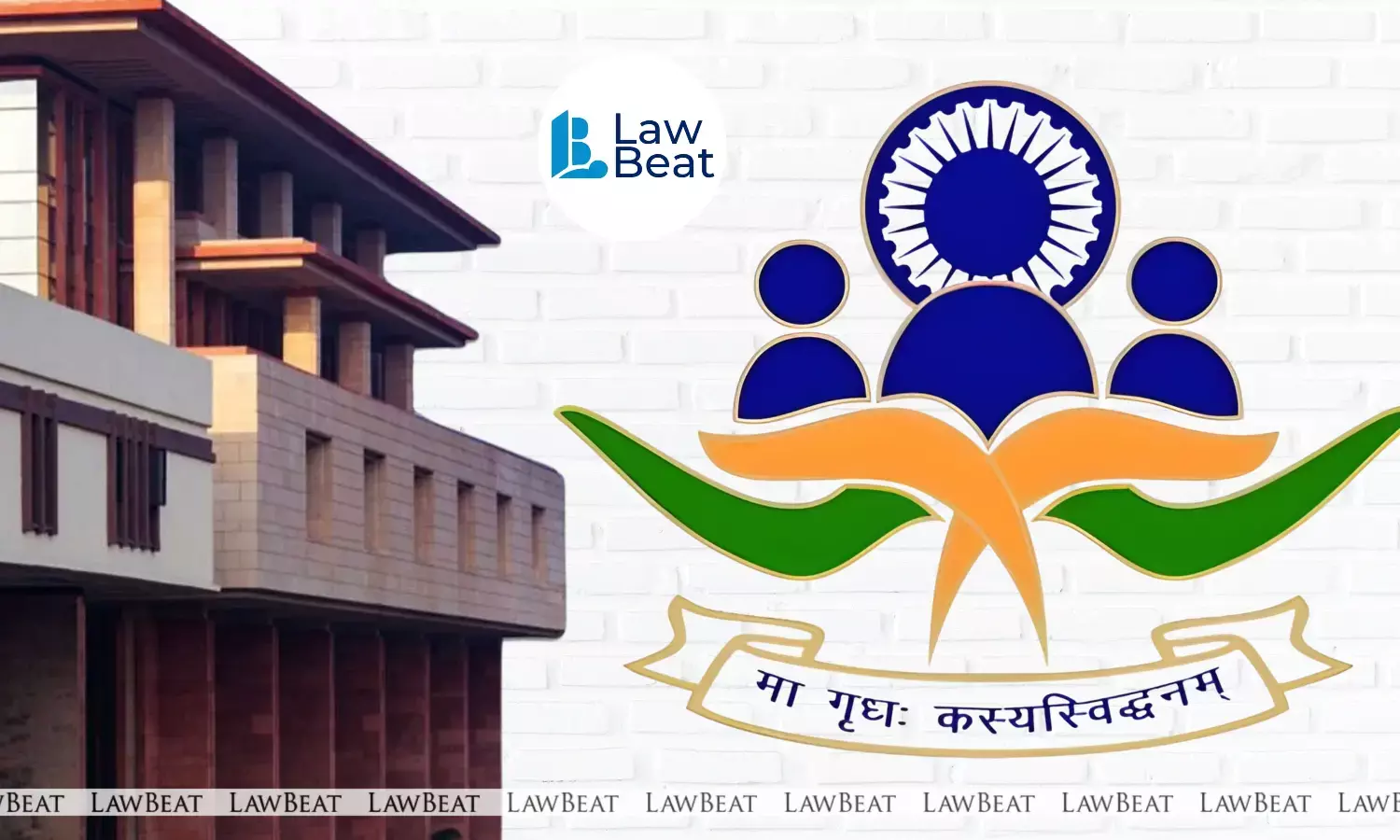Delhi HC Upholds Lokpal’s Decision Closing Complaint Against CCRT, Holds Allegations Disclose No Offence Under PC Act

The Court examined the scheme of the Lokpal Act and noted that the statute establishes a “self contained and comprehensive” mechanism for inquiry into allegations of corruption against public servants
The Delhi High Court has upheld the Lokpal of India’s decision closing a complaint alleging irregularities in the Centre for Cultural Resources and Training, holding that the issues raised by the complainant did not disclose an offence under the Prevention of Corruption Act and that the Lokpal had acted within the limits of its statutory authority.
The Court dismissed a writ petition filed by Vinod Kumar Kataria challenging the Lokpal’s order dated April 30, 2024, which had accepted the Central Vigilance Commission’s preliminary inquiry report and disposed of the complaint.
The judgment was delivered by a Division Bench of Justice Anil Kshetrapal and Justice Harish Vaidyanathan Shankar, who held that there was no ground for interference under Article 226 of the Constitution since the petitioner had failed to demonstrate any jurisdictional error, procedural illegality or perversity in the Lokpal’s decision making process.
The petitioner had approached the Lokpal in June 2023 with allegations relating to appointments, promotions, extensions, reemployment, engagement of private counsel, disbursal of scholarship funds and other administrative matters concerning CCRT.
The Full Bench of the Lokpal directed the Central Vigilance Commission to conduct a preliminary inquiry under Section 20(1)(a) of the Lokpal and Lokayuktas Act. Upon receipt of the report, the Lokpal accepted the CVC’s findings in toto and concluded that the allegations disclosed administrative irregularities rather than offences under the Prevention of Corruption Act.
The Court reproduced the Lokpal’s operative reasoning, including the observation that “the stated allegations inquired into are essentially about the irregularities and do not touch upon the act of commission and omission of offence under the Prevention of Corruption Act, 1988”. The Lokpal had also recorded that allegations concerning irregular payments, engagement of a private advocate and promotion and extension of the concerned officer had been “thoroughly investigated by the Investigating Agency and nothing was found against the named public servant”.
The Lokpal concluded that “nothing more needs to be done in this case” and closed the complaint.
The Court examined the scheme of the Lokpal Act and noted that the statute establishes a “self contained and comprehensive” mechanism for inquiry into allegations of corruption against public servants. The Bench referred to the Statement of Objects and Reasons and India’s obligations under the United Nations Convention Against Corruption, observing that the legislative intent was to create an institution focused on “offences involving dishonest gain and corrupt practices”.
The judgment notes that the enactment was designed to combat “serious acts of corruption and abuse of public office” and not to examine procedural or administrative lapses.
The Bench quoted extensively from its earlier judgment in Shibu Soren v Lokpal of India which had analysed the scope and functioning of the Lokpal. The Court recalled that corruption has been described by the Supreme Court as a “disease like cancer” and a “plague”. It noted that the Lokpal Act was enacted to ensure “purity in public service” and that the Lokpal is an authority “insulated from any outside pressure”.
The Court cited the observation from Shibu Soren that “the Lokpal on the receipt of the complaint does not immediately order for investigation by an agency unless there exists a prima facie case” and that a preliminary inquiry precedes any investigation. It also reiterated that the writ jurisdiction cannot be used to interfere with such statutory processes unless there is “patent lack of jurisdiction” or the allegations are “so absurd and inherently improbable” that no prudent person could accept them.
The Bench then turned to the jurisprudence on judicial restraint and quoted the Supreme Court’s summarised principles from Vishal Tiwari v Union of India, including that courts “do not and cannot act as appellate authorities examining the correctness, suitability and appropriateness of a policy” and that judicial review of decisions by specialised bodies is confined to examining whether they violate fundamental rights, constitutional provisions or statutory mandates or are manifestly arbitrary.
The Court also relied on the Supreme Court’s reiteration in Ajay Singh v Khacheru that the High Court cannot “reappreciate the evidence and arrive at a finding of facts unless the authorities below had either exceeded their jurisdiction or acted perversely”. The Bench extracted the principle that findings of fact can be interfered with only when “no reasonable person could possibly have come to the conclusion” reached by the authority or where the finding is “patently perverse”.
Applying these principles, the Court found that the petitioner had failed to point out any infirmity in the Lokpal’s decision making process. It held that the CVC, as an independent statutory authority, had conducted the preliminary inquiry in accordance with law and that the Lokpal had accepted the report after due consideration.
The Court held that the allegations raised by the petitioner related to administrative matters and that the Lokpal was justified in concluding that they did not constitute an offence under the Prevention of Corruption Act.
The Court dismissed the writ petition, holding that the Lokpal’s order did not suffer from illegality, arbitrariness or procedural infirmity.
Case Title: Vinod Kumar Kataria v CVO Ministry of Culture and Others, W.P.(C) 1687/2025
Bench: Justice Anil Kshetrapal and Justice Harish Vaidyanathan Shankar
Date: November 4, 2025
